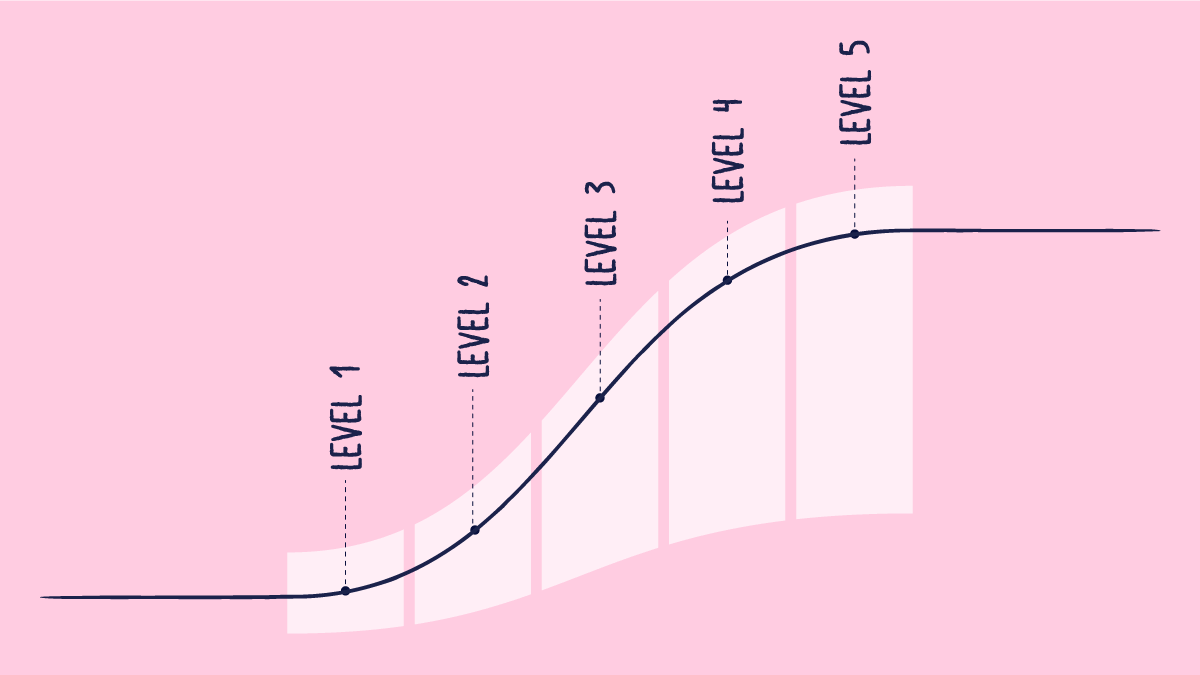Risk Based Thinking
Organizations can determine the parameters that might cause deviations of the quality processes by using risk-based thinking. The concept of “Risk-Based Thinking” is to the next level of QMS to improve. This concept is generally used across industries. As a QA professional, you should train and change the mindset of your key personnel or even all employees to get reasonable outcomes. As is known, changing the mindset and/or culture of a company needs extreme effort and time to see the improvement. Risk-based thinking is one of these concepts for the ones who aim for the next level on their QMS.
Take little steps to reach your goal, the key is “thinking risks” every day using different points of view.
Explore the most suitable way of adapting concepts to your QMS, and start acting! Risk management is a concept that is generally understood and used across industries, however, risk-based thinking is something that’s not broadly well-defined or practiced. To fill this void,
- ISO 3100:2018
- ISO 9001:2015
- Enterprise Risk Management
According to ISO 9001:2015 - Clause 0.3.3 and Annex A Clause A.4, Risk-Based Thinking is;
Risk has been always implicit and addressed in ISO 9001. Many of the requirements are constituted to prevent risks. ISO 9001 had included a clause on preventive action, which aimed to prevent the occurrence of nonconformities. On the contrary, according to the latest version of ISO 9001, Risk-based thinking considers both risks and opportunities.
The Introduction (clause Clause 0.3.3) and Annex A (Annex A Clause A.4) of ISO 9001:2015 explain risk-based thinking, including clarification on risk and opportunity concepts. A piece of thorough information can be found in this ISO paper that is related to Risk-based thinking.
Risk-based thinking:
- is not new
- is something you do already
- is on-going
- ensures greater knowledge of risks and improves preparedness
- increases the probability of reaching objectives
- reduces the probability of negative results
- makes prevention a habit
Organizations should determine their risks and opportunities using a risk-based thinking mindset. Here are some areas that could help to implement this mindset.
- Meeting minutes
- SWOT analysis
- Reports on customer feedback
- Brain-storming activities
- Competitor analysis
- Planning, analysis, and evaluation activities related to several processes, e.g. strategic planning, design, and development, marketing, production and service provision, corrective actions
- Management review
- Risk determination or evaluation records, if determined applicable or needed by the organization, etc.
If you need further information about risk-based thinking, read the article "Using risk-based thinking to manage nonconformities and deviations"
Additional resources

How to Implement the Continuous Improvement Cycle | Scilife
Even an organization with stellar leadership and a solid core of employees experiences hiccups from time to time. Despite having assembled all the ...

How to assess and enhance your Quality Management Maturity | Scilife
As the life sciences industry becomes increasingly regulated and competitive, quality management has become more vital than ever. Are you confident ...

Best Quality Management Software (QMS) for Life Sciences | Scilife
The right electronic Quality Management System (eQMS) can help strengthen your compliance processes and build a culture of quality within your ...

How to write a good quality plan for medical devices | Scilife
In life sciences, especially if you’re in the medical device industry it becomes harder to manage projects in accordance with your company’s quality ...
Turn quality into your brightest asset with Scilife
